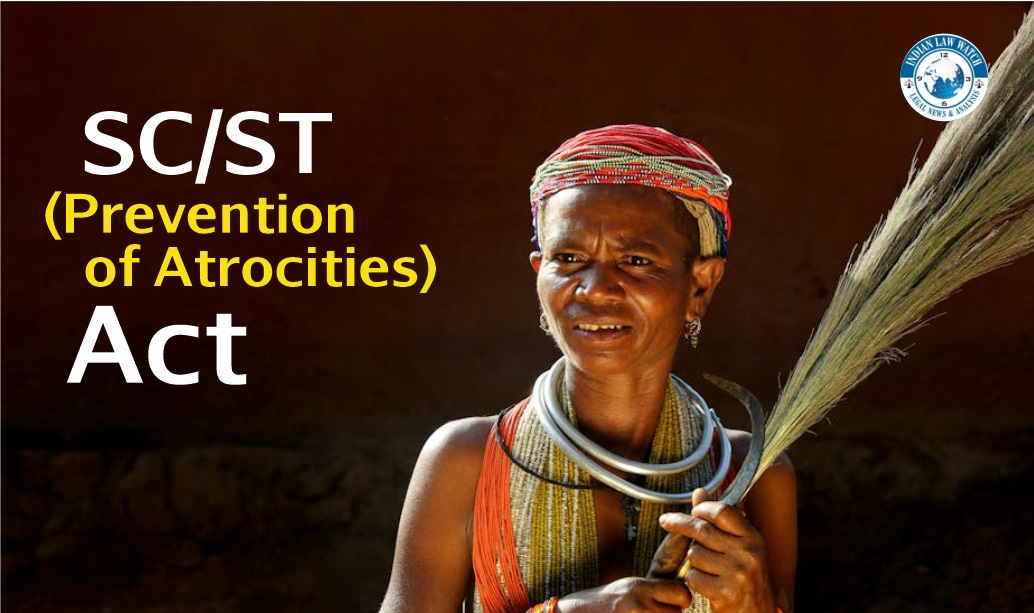

A bench of Justices Surya Kant and K V Viswanathan was hearing a PIL filed by advocate Rishi Malhotra, who has sought striking down of the mandatory death penalty provision under the Scheduled Castes and Scheduled Tribes (Prevention of Atrocities) Act, 1989.
A bench of Justices Surya Kant and K V Viswanathan was hearing a PIL filed by advocate Rishi Malhotra, who has sought striking down of the mandatory death penalty provision under the Scheduled Castes and Scheduled Tribes (Prevention of Atrocities) Act, 1989.
The Supreme Court asked Attorney General R Venkataramani to inform it whether a prosecution has been carried out ever under the provision of mandatory capital punishment to to an individual who fabricates false evidence against an innocent member of a scheduled caste or a scheduled tribe. A bench of Justices Surya Kant and K V Viswanathan was hearing a PIL filed by advocate Rishi Malhotra, who has sought striking down of the mandatory death penalty provision under the Scheduled Castes and Scheduled Tribes (Prevention of Atrocities) Act, 1989.
Section 3 (2) of the Scheduled Castes and Scheduled Tribes (Prevention of Atrocities) Act, 1989 stipulates mandatory death sentence in a case where an innocent member of a scheduled caste or a scheduled tribe is convicted and is executed in consequence of a false and fabricated evidence given by the concerned accused.
As the hearing commenced, Venkataramani submitted that it is important to have some data as to whether offences under this provision have occurred at all.
The top court then asked Malhotra if there was any single instance of conviction under this provision.
The lawyer replied that he did not have data regarding that.
The top court said the provision takes away the judicial discretion in the matter of quantum of sentence.
The bench then asked Venkataramani to try to get information and submit a short note on the issue.
Malhotra said the matter has been pending since 2019 and no response has been filed by the Union of India till date.
The matter has been posted for next hearing on May 14.
It had also referred to the Narcotic Drugs and Psychotropic Substances (NDPS) Act which initially provided for mandatory death sentence and was amended in the year 2014 by the legislature itself and further provided for an option of awarding death sentence or any other imprisonment as specified in the Act.
Source: Economic Times





